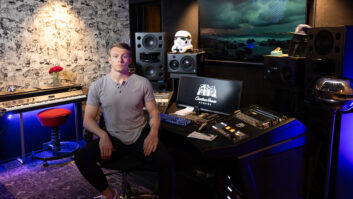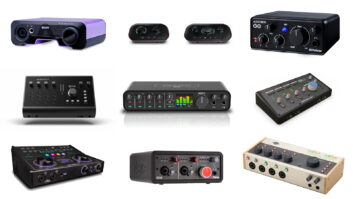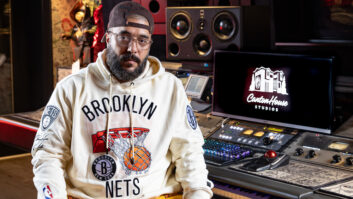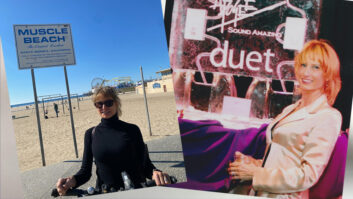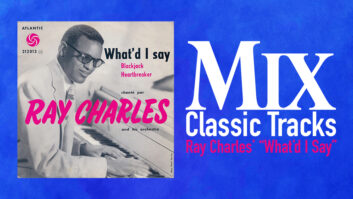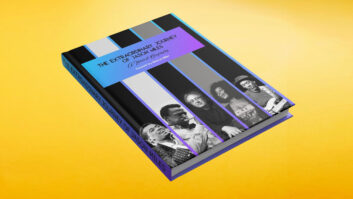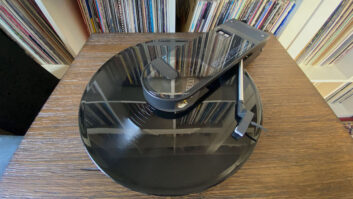When Tony-award winning actor and singer Ben Platt decided to release his first album, he knew he wanted to make it personal. “I’ve made my way inhabiting characters and figuring out how to make them sing,” he says. “When I decided to write music, I learned to look inward. I decided to open up about all of the relationships I’ve had. It’s something I’ve never obviously needed to do for my work. I’ve always presented other characters in the context of a greater piece. My own loves haven’t been relevant. Now that I’m going to authentically present who I am, those experiences are at the forefront. What makes me feel deeply enough to sing are the people I’ve been in love with.”
No surprise then that Platt’s debut album, Sing to Me Instead, is a personal, intimate journey that combines Platt’s extraordinary vocals with thoughtful arrangements that bring out the emotion in the lyrics and instantly pull the listener in.
For this to work, Platt needed a producer he could trust; one that could help him write the songs he wanted to sing and present them in a way that not only highlighted his powerful voice, but also the emotion of the lyrics. He found all that in Jennifer Decilveo.
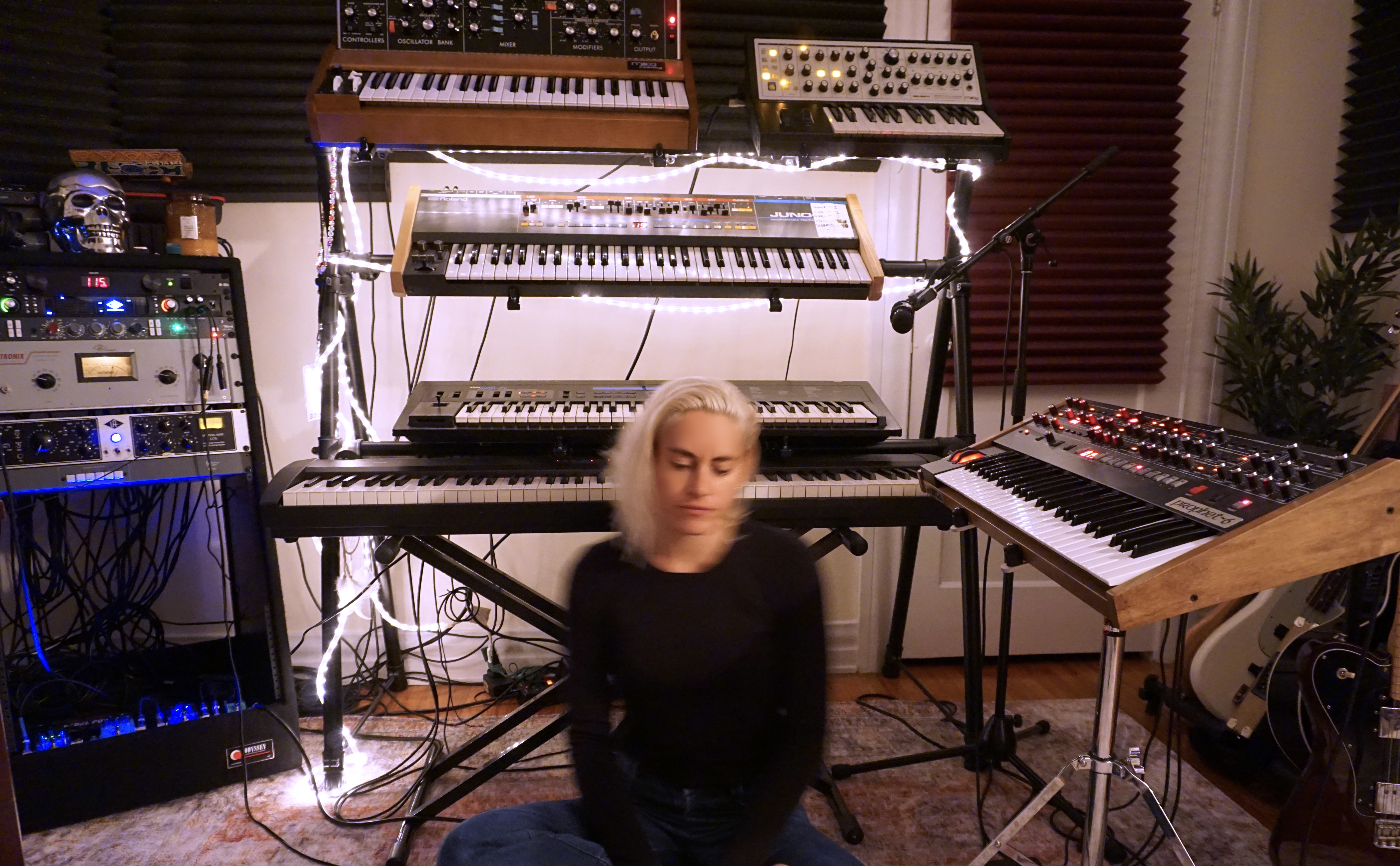
Listening to the album, it would appear that Platt and Decilveo were working from a long-time collaborative relationship, but that was not the case. Decilveo, who is no stranger to power vocalists, having worked with artists such as Andra Day, Beth Ditto of The Gossip and Anne Marie, got involved in the project through Jeff Levin, an A&R specialist at Atlantic Records (Platt’s label). “Ben and I met, and I thought he was cool,” says Decilveo. “Then we wrote one song together; then another song…. I felt like he needed to have a more authentic, soulful, classic-sounding record, as opposed to pop. That is what we did on the song ‘Honest Man,’ and that unlocked Pandora’s box, because once we cracked the code with that, he asked me to produce another song, and another and then that turned into the whole album.
“I love the process of helping an artist find their sound,” she adds. “I think it’s really fun when they don’t know exactly what it is yet either, because that gives me the freedom to be more experimental. And then we talked about references, and he talked about vision, and then I knew where he wanted to go. So it became a process of making sure that we kept that truth in tact.”
Inside the Pineapple Box
In addition to being a producer, Decilveo is also a pianist, singer, songwriter, and studio owner. Her studio, Pineapple Box, is where much of the songwriting and pre-production took place for Sing to Me Instead, before moving on to EastWest Studios for more recording, strings and overdubs.
“I’ve been to so many studios in L.A. that I think are a little sterile,” she says. “I wanted to build something that I could put the gear that I liked in, but also keep the warmth—not only from the gear, but from the vibe. One of the biggest components of the studio is the location—it’s in Highland Park, and it’s in the woods. You don’t see anyone around you.
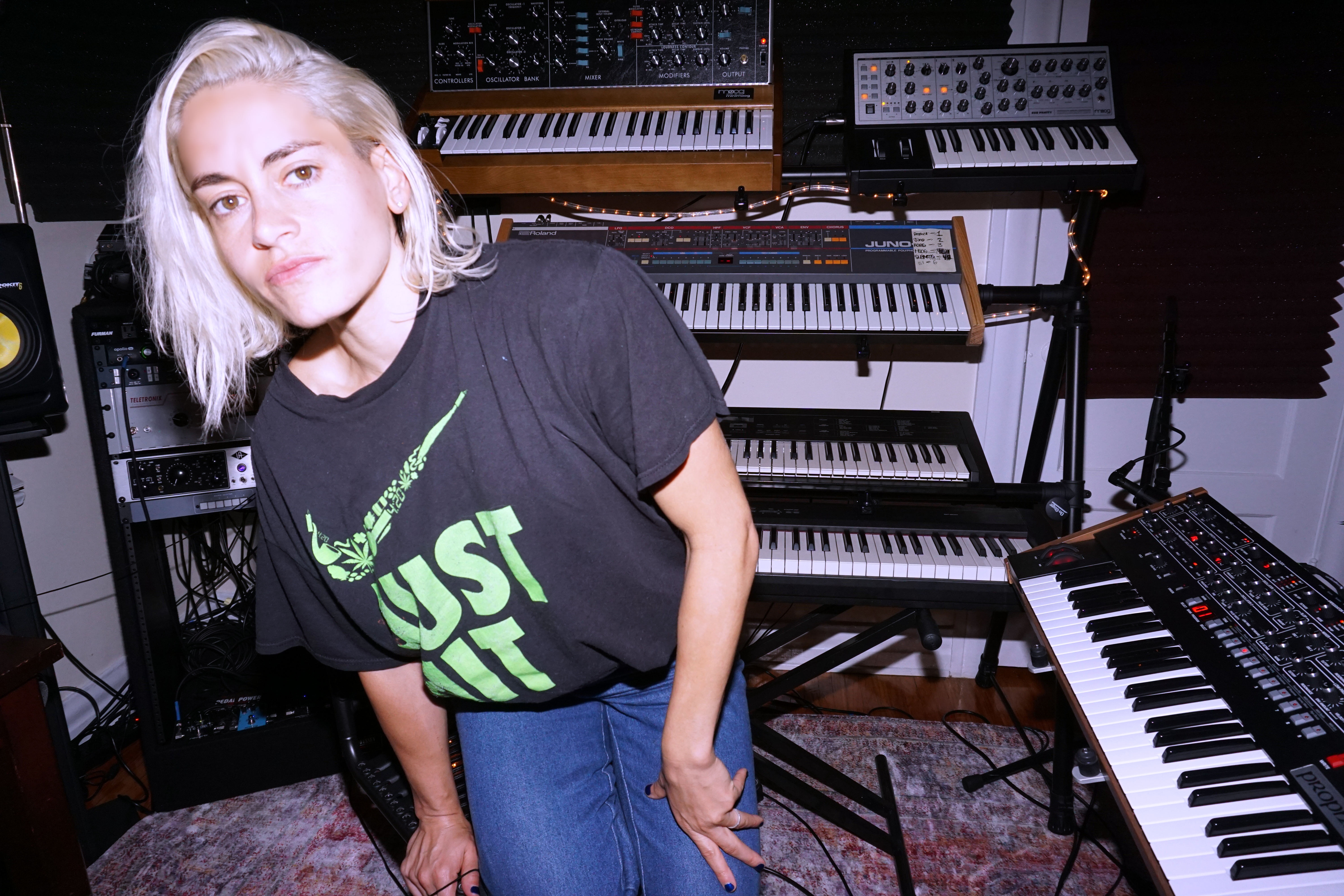
“It’s about 800 square feet, so it’s not huge, but I have a 1950s Ludwig drum kit, an early 1960s Schwander piano and a bunch of analog synths, including a Korg DS 8 from Tokyo, which has such incredible warm and weird sounds.”
The studio is built around two Universal Audio Apollo 8p’s and an Apollo Twin, for 18 channels. She describes the space as a “box,” saying she used to have an iso room, but she removed it because, “I like to be in the room to hear what the artist is singing so I can hear how they’re reacting.”
Working with power vocalists as she does, her preferred Pineapple Box vocal chain is a Neve 1073 into an LA2A supported by the Manley Reference Cardioid microphone.
If all that sounds “old school” to you, you aren’t wrong. “I’m obsessed with analog and vintage gear because I am always looking for a sound that has what I like to call a ‘tangibility factor,’ where you feel like you can actually touch the drums, which, in Ben’s case, were all recorded to tape using a Studer 827,” says Decilveo.
“There are definitive choices I make—like to not use programmed drums (or, if I did, I’d lower them in the mix), to only record through an amp and not do DI guitar, to keep the pedal noise on the piano, to keep the distortion that comes from the Neve—because I think, right now in pop music, things are extremely clean,” she adds. “The coolest part about making music is the mistakes that happen and letting them lead you to other places.”
Creative Collaboration
When the duo moved to EastWest, the piano may have gotten bigger, but the working techniques developed at the Pineapple Box continued. They moved into Studio 1 at the facility, which features an 80-channel Neve 8078 console and a host of analog gear that Decilveo was excited to put into use. “We had an Eventide H3000,” she says, “which we used as opposed to the plugin. I hired an amazing engineer, Tyler Shields, who knew the room really well, and was basically my right hand throughout, making sure everything was on point and ready for Ben.” Chad Gordon was assistant engineer on the project.
One of the songs, “Run Away,” was completely done at EastWest. On an album filled with personal songs, this tune doubles down, with Platt using his parents as examples of a love that won’t retreat even during the rough times. “Ben wrote that song himself, and he had a very strong vision for he wanted it to sound like—piano,” says Decilveo. “Just piano.”
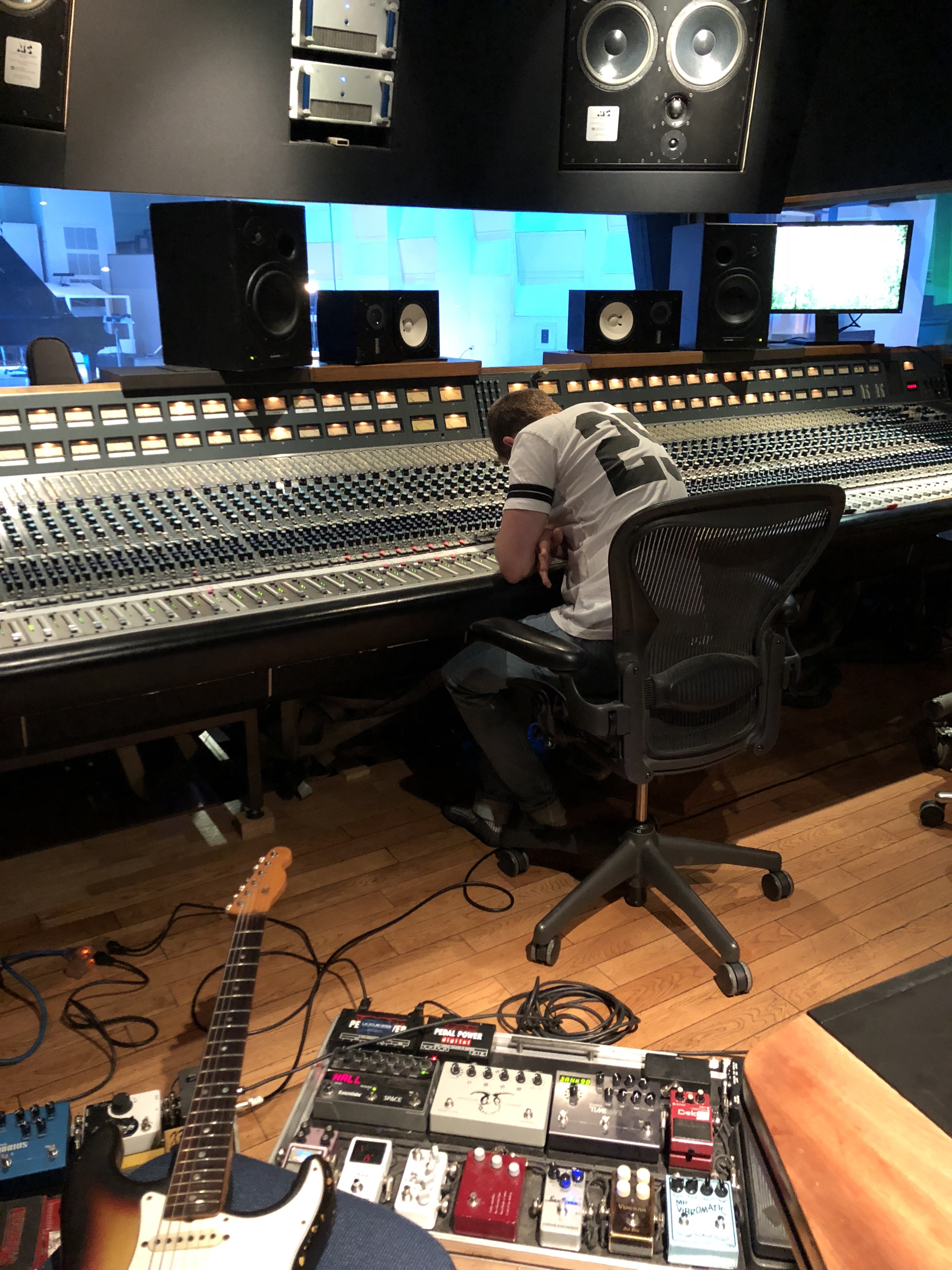
And, indeed, that is how it starts, but soon the vocals and piano are joined by strings and acoustic guitar, perfectly complementing and enhancing the strong sentiment of the song. “I told him that we could add more to it, and if he didn’t like it, we could just mute it. Then we added the strings and acoustic guitar.
“But the really cool thing about that song—which is different than every single song on the album—is that he played the piano and sang it at the exact same time, which showcases how very talented he is. And he did it in one take.”
The strings were not sampled, but arranged by Jim McMillan and recorded at EastWest. “I had never recorded an orchestra before this record,” confesses Decilveo. “What I liked about Jim was that, if during the take I wanted to change the score, he allowed me to do it. At the time, I didn’t realize it was a weird ask, but Jim took care of it and I was able to edit on the fly.”
Another sonic aspect of Sing to Me Instead that leaps out is how the backing vocals are used. Sometimes they are used to emphasize the lyrics, such as on “Grow As We go,” sometimes they are used as an instrument, as on “Ease My Mind,” and sometimes they aren’t used at all, as on “In Case You Don’t Live Forever” (which does, however, feature a subtle use of Mellotron).
“I love the backing vocals on ‘Better,’” says Decilveo. “I love them on ‘Bad Habit’ and on ‘Ease My Mind.’ They’re as influential and as important as an instrument. They make you feel things. It’s a background vocal, yet you’re paying attention.”
There are times when the backing vocals are used like instruments, and there are times when they actually are instruments. Take, for instance, the “horns” on the beginning and end of “Ease My Mind.” “I wrote that part and I asked Ben to sing it, and he kept my vocals in as well,” she says. “It’s a great opening and closing to the song, and I think it’s a really strong line melodically. But it isn’t a horn—it’s my voice being distorted.”

Fan Club
Sing to Me Instead was a very positive experience for Decilveo. Who not only sings Platt’s praises, but also the production team. “I think mixers and engineers are some of the most underrated pros—they don’t get enough glory,” she says. “I’ve learned to respect them even more when I became a producer who, honestly, had no idea what I was doing. And now that I’ve become friends with some of these guys who worked on records with me, I genuinely find them fascinating people. It’s such a weird thing to be obsessed about, and I feel like they’re a part of a cool club that I’m trying to be in!”
Sing to Me Instead was mixed by Christian “Leggy” Langdon, except “Bad Habit,” which was mixed by Mark “Spike” Stent, and “Grow As We Go,” which was mixed by Alex Hope. The album mastered by Stephen Marcussen at Marcussen Mastering, except for “Bad Habit,” which was mastered by Chris Gehringer at Sterling Sound.
